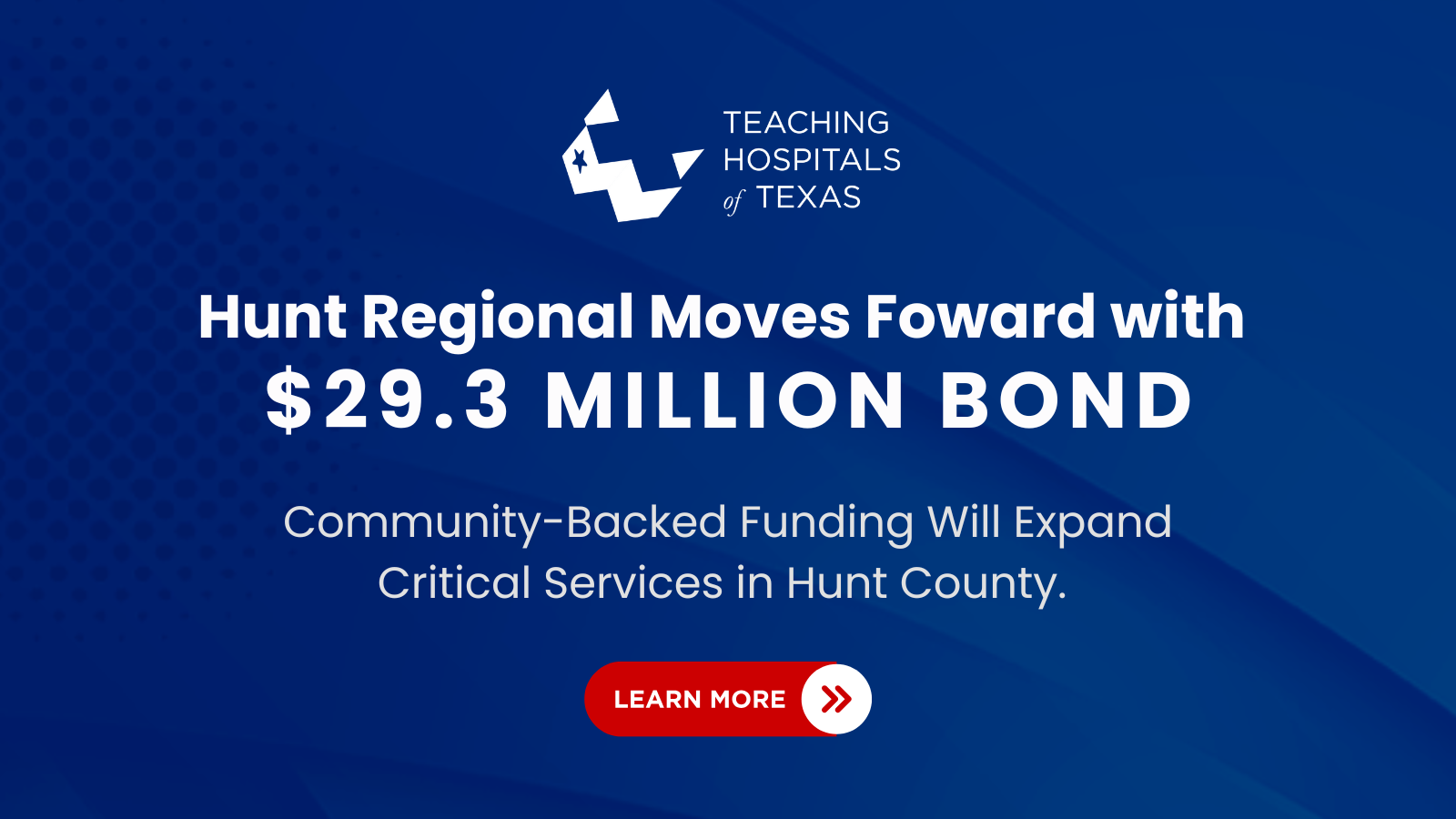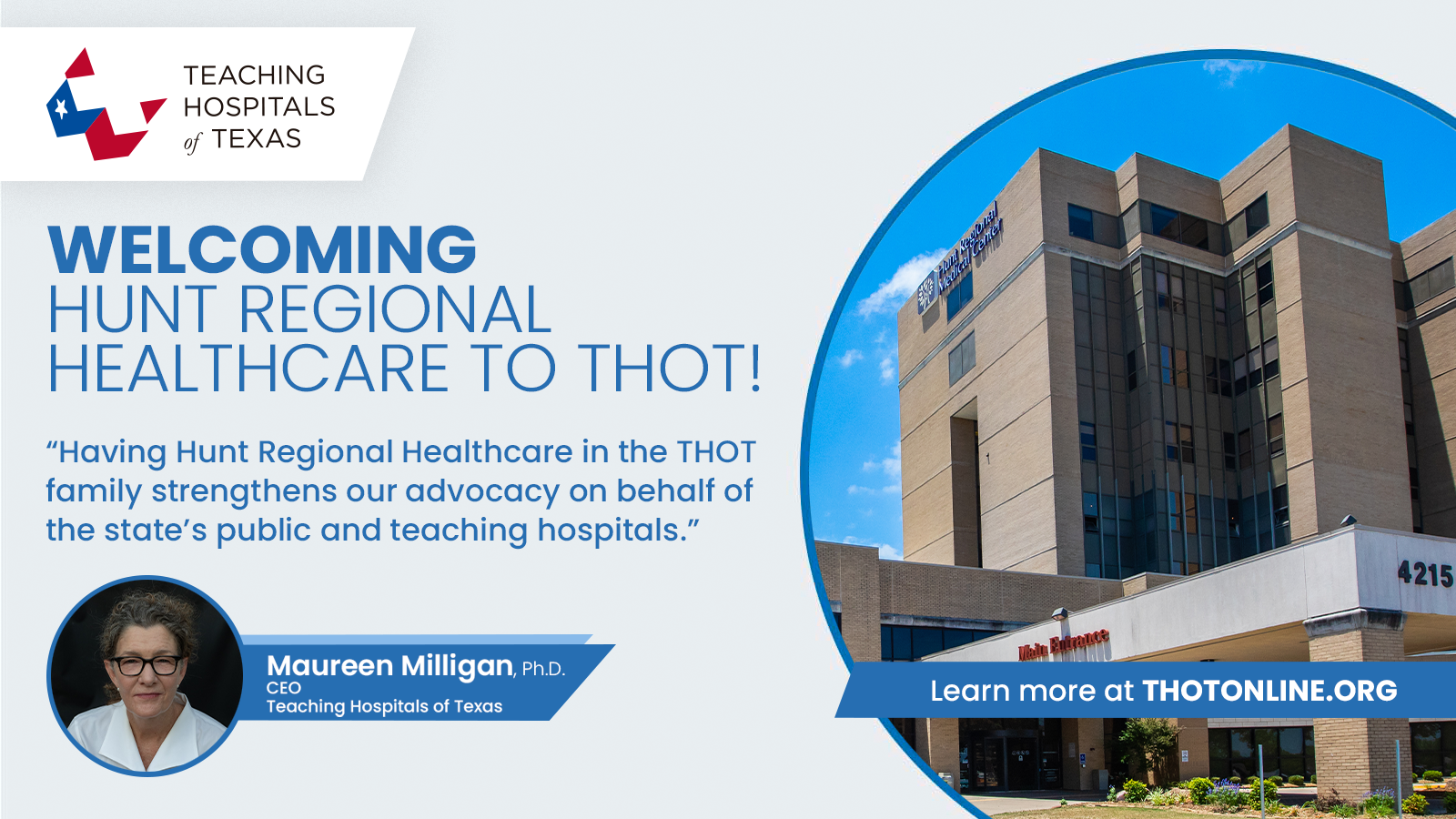It’s anyone’s guess what the election results mean for Texas’ 1115 waiver renewal. Just prior to the election, Commissioner Smith gave updates to THOT as well as the Executive Waiver Committee on HHSC/CMS waiver talks. Here’s where things were as of November 7th:
- CMS intends to decrease UC and DSRIP pool amounts in a waiver renewal.
- CMS believes the UC pool size should be reduced by about 62%: from the current $3.1 billion to $1.171 billion. UC amounts will be lower than HMA study amounts based on things like: exclusion of bad debt; use of S10 vs. DSH/UC data from Texas; HMA’s use of a 60% take up rate for expansion (lower than CMS would anticipate).
- CMS believes that UC should only include costs for uninsured individuals actively put into a charity care program; and not simply those who could not pay their bills.
- CMS does allow for use of the UC pool to pay for physician, RX, and clinic costs under the waiver, but will not allow those costs to be used to grow the UC pool.
- CMS argued that it needs to use the S10 for equity reasons: this is what they used in Florida as the basis for the UC negotiations.
- DSRIP can continue and there is a role for it outside Medicaid managed care; but in that context, it should be used for capacity building and start up but not ongoing operations.
- If the UC and DSRIP pool amounts go down, funding available under budget neutrality would be available for other innovative projects the state would put forward. This is positive news for initiatives like THOT’s T-CARE proposal offering incentives to uninsured care provided within a larger system of care.
- HHSC planned on ongoing discussions with CMS including focused meetings on:
- Allowable amounts of UC
- (led by CMS’ Paul Bobbin – who was also engaged with waiver one financing negotiations and recently visited Austin and met with Stakeholders).
- IGT – and use of IGT in Medicaid managed care, e.g., for DSRIP into Medicaid managed care.
- Allowable amounts of UC
- CMS is looking to move health care to value based payments. HHSC asking CMS to clarify exactly what they mean by that. [FYI: Jami Snyder, the new Medicaid Director in Texas has significant experience with VBP from her work in AZ, which should be helpful to Texas.]
- HHSC argued that with the change in defining UC, CMS should allow time for hospitals to alter their processes to accommodate the change in CMS policy (e.g. enroll individuals into charity care programs). HHSC cited the five year hold harmless in the DSH audit implementation as a precedent to allow Texas hospitals time to adapt to any change in defining UC.
Graph above: THOT compared CMS’ analysis of charity care, Medicaid overpayments (Medicaid “longfalls” or payments over costs to some hospitals), and impact of a Medicaid expansion to HMA’s 2015 and 2017 analysis as shown below. CMS’ net charity care payments (for uninsured Texans) are significantly lower that HMA’s 2015 uninsured estimates and 2017 uninsured estimates.




